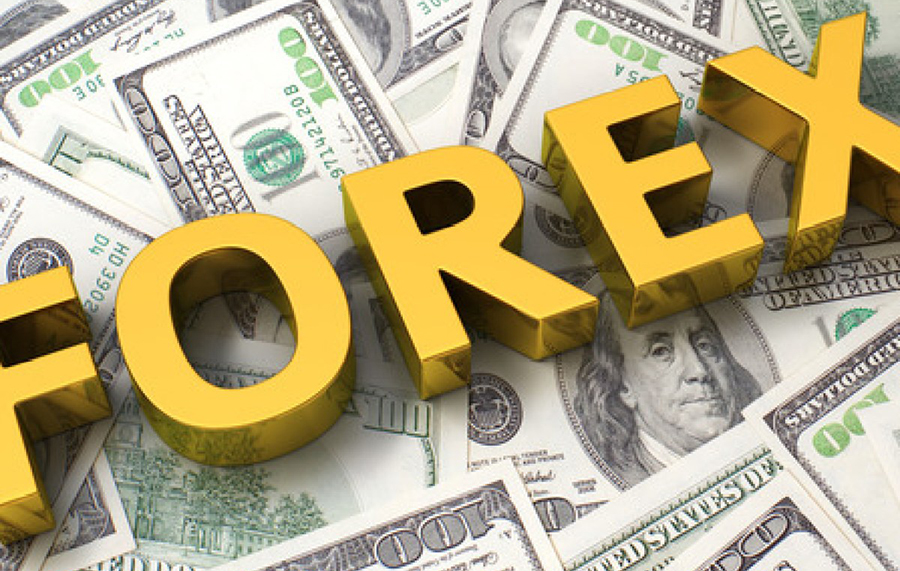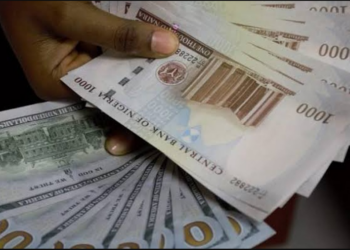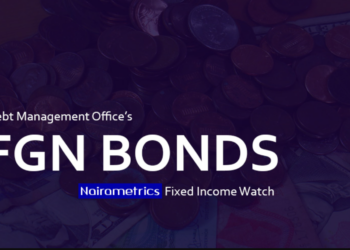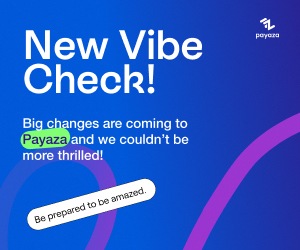EFG Hermes has revealed that pressure on FX will continue in 2021 as a result of thin reserve buffers and recovering domestic demands.
This is contained in its recently released report, 2021 The Year Ahead – Is The Recovery In The Price?
The company envisages that adjustment in the country’s current setting is driven primarily by its view that the country’s FX conditions are likely to remain tight in 2021.
READ: EFG Hermes concludes advisory on Al Habib Group’s $700 million IPO
Further noting that higher oil prices – with a USD55/bbl forecast for 2021 – would still fall short of providing the adequate liquidity needed to ease FX shortages.
According to the company, despite Nigeria’s economy facing a twin-problem of the pandemic shock and lower oil prices, it believes the country is attempting recovery with very few buffers, leaving the economy vulnerable to further shocks.
With rates depressed as they are, the country stands no chance in attracting foreign portfolio investments, which were key in easing liquidity shortages back in 2017.
READ: Central Bank says monetary policy not to blame for rising food cost
What they are saying
The report notes that:
- “Inflexible currency policy leaves the system plagued with backlogs and a parallel market that is trading at a +20% premium, with the Central Bank of Nigeria (CBN) adopting a policy of reserve conservation (vehemently defending the $35 billion level).
- “Chronic fiscal problems, mostly in the form of weak revenue collection, has rendered the fiscal channel broken, with a debt service burden ratio of 80%.
- “The country’s macro position has been further complicated by the absence of major reform initiatives by the government, as a result, depriving it of much-needed financial support. Out of a $6.9 billion package, the country only received $3.4 billion from the IMF, with USD3.5bn from the World Bank and African Development Bank.”
READ: Investors channel funds to forex, equity after OMO ban- Report
What EFG Hermes is advising
- The report acknowledges that the government has taken certain steps to reform the economy, including de-regulation of fuel prices, and the devaluation of currency by the CBN a couple of times. However, outcomes differ from forecasts, further exposing the economy to highly vulnerable external shocks.
- The company sees the current policy mix of high inflation, highly depressed rates, overvalued official exchange rate and various monetary policy regulations (mostly on banks’ liquidity) as highly unsustainable, contending that something must be done this year.
- The company, therefore, asserts that interest rates has to be the target and should jack up from their current near-zero level.
- The recently approved $1.5 billion loan from the World Bank, as well as a potential Eurobond issuance, are likely to ease short-term FX pressures. Nevertheless, these funds are unlikely to be a game changer and FX pressure would fundamentally require authorities to continue with import controls and an overall tight monetary policy.























